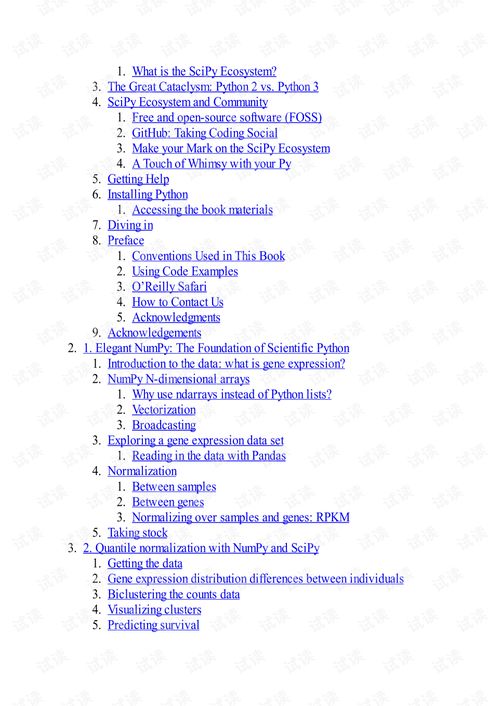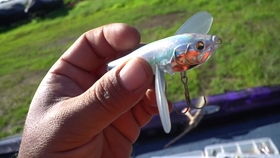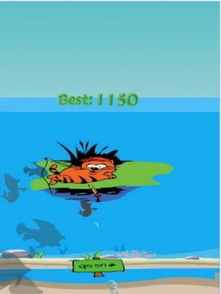Article Content:
Introduction
Fishing, an age-old pastime, has always been a source of relaxation and enjoyment for many. Whether you're a seasoned angler or a beginner looking to cast your line into the unknown, there's always something new to learn about the art of fishing. In this article, we'll share some essential fishing tips and techniques that you can incorporate into your daily fishing routine. Get ready to improve your fishing game with our daily share of fishing wisdom!
Choosing the Right Gear
The first step in mastering the art of fishing is to ensure you have the right gear. Here are some tips to help you select the perfect equipment:
- Rod and Reel: Choose a rod and reel that match the type of fishing you plan to do. For freshwater fishing, a spinning rod is a versatile choice, while a baitcasting rod is better for heavier lures.
- Line: The type of line you use depends on the fish you're targeting. Monofilament is great for beginners, while fluorocarbon is nearly invisible underwater and better for catching larger fish.
- Lures and Bait: Research the species you're targeting and use the appropriate lures or bait. Live bait can be effective, but artificial lures can also be quite successful.
Understanding Fish Behavior
To catch fish, you need to understand their behavior. Here are some tips to help you predict where and when to fish:

- Water Temperature: Fish are more active in warm water, so fish during the cooler morning or evening hours when the water is at its warmest.
- Moon Phase: Many anglers believe that the moon phase can affect fish behavior. For example, fishing during a full moon can be more productive.
- Weather Patterns: Pay attention to weather patterns, as they can greatly influence fish activity. Overcast days can be particularly good for fishing.
Perfecting Your Casting Technique
A good casting technique is crucial for successful fishing. Here are some tips to help you improve your casting:
- Backcast: Begin by holding the rod at a 45-degree angle and sweeping it back over your shoulder. This helps to load the rod with power.
- Forward Cast: As you bring the rod forward, release the line at the last second to avoid tangling.
- Accuracy: Practice casting to different targets to improve your accuracy. Remember, the key is to keep the line tight and to the water's surface.
The Art of Patience
Fishing requires patience, and there's no substitute for it. Here are some tips to help you stay calm and focused:
- Take Breaks: If you're not catching anything, take a break. It can be refreshing to step away from the water and clear your mind.
- Stay Quiet: Fish are sensitive to noise, so try to keep your movements and conversations to a minimum.
- Mind Your Surroundings: Be mindful of your surroundings to avoid startling fish. This includes being careful with your footsteps and not casting too close to other anglers.
Using the Right Bait and Lure
The right bait or lure can make all the difference in your fishing success. Here are some tips to help you choose the best options:
- Research: Learn about the forage fish in the area you're fishing. These are the fish that the target species feed on, and using similar baits can be very effective.
- Experiment: Don't be afraid to try different lures and baits. Sometimes the fish will respond better to a particular color or style.
- Timing: Fish can be unpredictable, so be prepared to change your approach if you're not having luck.
Learning from Others
One of the best ways to improve your fishing skills is to learn from others. Here's how you can do that:
- Join a Club: Local fishing clubs can provide you with valuable advice and opportunities to fish with experienced anglers.
- Ask for Help: Don't hesitate to ask other anglers for advice, whether it's about the best spot to fish or the best way to handle a fish.
- Watch Tutorials: There are countless online tutorials and videos that can teach you new techniques and strategies.
Conclusion
Fishing is a hobby that can be enjoyed by people of all ages and skill levels. By incorporating these daily tips and techniques into your fishing routine, you'll be well on your way to becoming a more skilled angler. Remember, the best way to improve is through practice and patience. Happy fishing!












